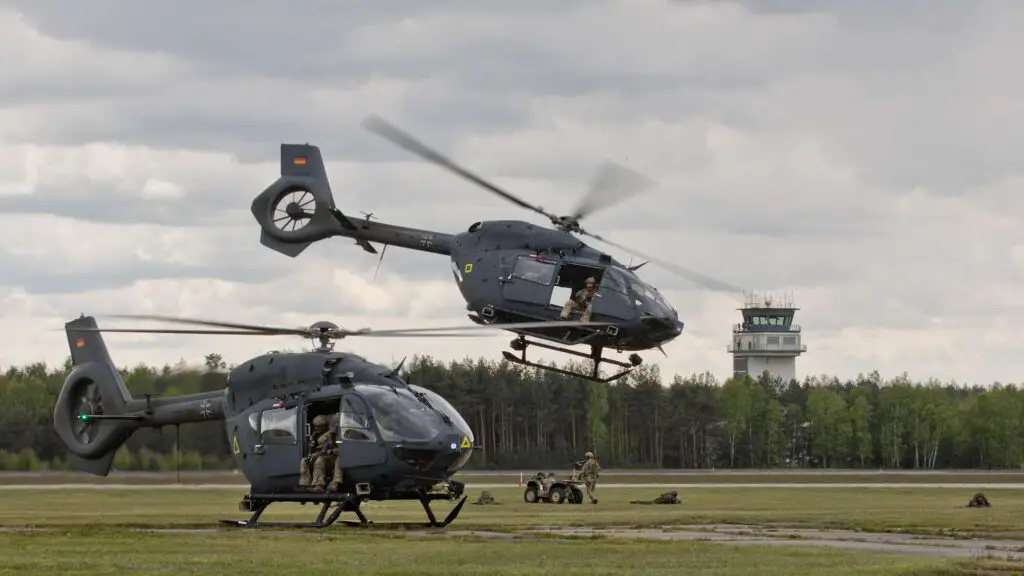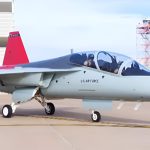The German Ministry of Defense is considering scrapping its fleet of Tiger combat helicopters and replacing them with Airbus H145Ms, modified for anti-tank missions.
According to Business Insider, which was able to access internal German Defense Ministry documents, it claims that the availability of the fleet of 51 Tiger combat helicopters is dangerously low, with only a fraction of them being operational.
The documents would indicate that the German Tiger would start to have operational limitations as of 2025; that the fleet should start to be reduced as of 2027 and that by 2029 they would no longer be weapon systems with effective combat capability; being that as of 2032, five or six Tiger per year would be considered scrap.

The German Ministry of Defense is said to have explored several possibilities to restore its attack and anti-tank helicopter capability, having studied the participation in the Tiger Mk III program (major modernization to be carried out on the Spanish and French Tiger) and even the eventual purchase of helicopters such as the American Apache. However, both options have been ruled out because the new helicopters would be available too late, and would be too expensive.
Therefore, the solution being considered is the purchase of 82 H145Ms from Airbus Helicopters, for 3.05 billion euros, and equipping 24 of these with Stinger air-to-air missiles and anti-tank missiles, to replace the Tiger in their role as combat helicopters.
A solution that does not convince the military
Business Insider consulted sources within the Bundeswehr (Armed Forces), who were skeptical of the H145M’s ability to adequately replace the Tiger.
While the H145M, which is the military version of the civilian H145, can cover various types of combat missions, it was not designed for high-intensity warfare scenarios, as was the Tiger (or the Apache, Mi-28, Ka-52 or AH-1) and lacks the necessary survivability, robustness and crew protection capabilities.
The Bundeswehr regards the planned acquisition as «a purely political decision that ignores operational needs,» says Business Insider, citing a letter from the German Armed Forces Technical Service for Aircraft and Aircraft Equipment to the Ministry of Defense.














